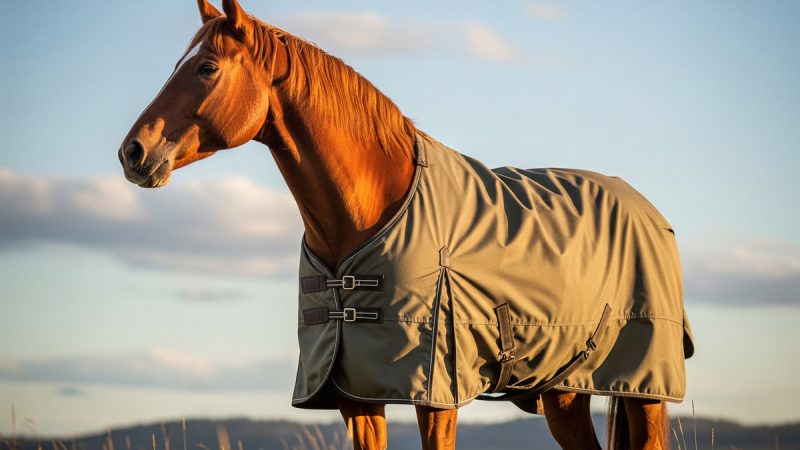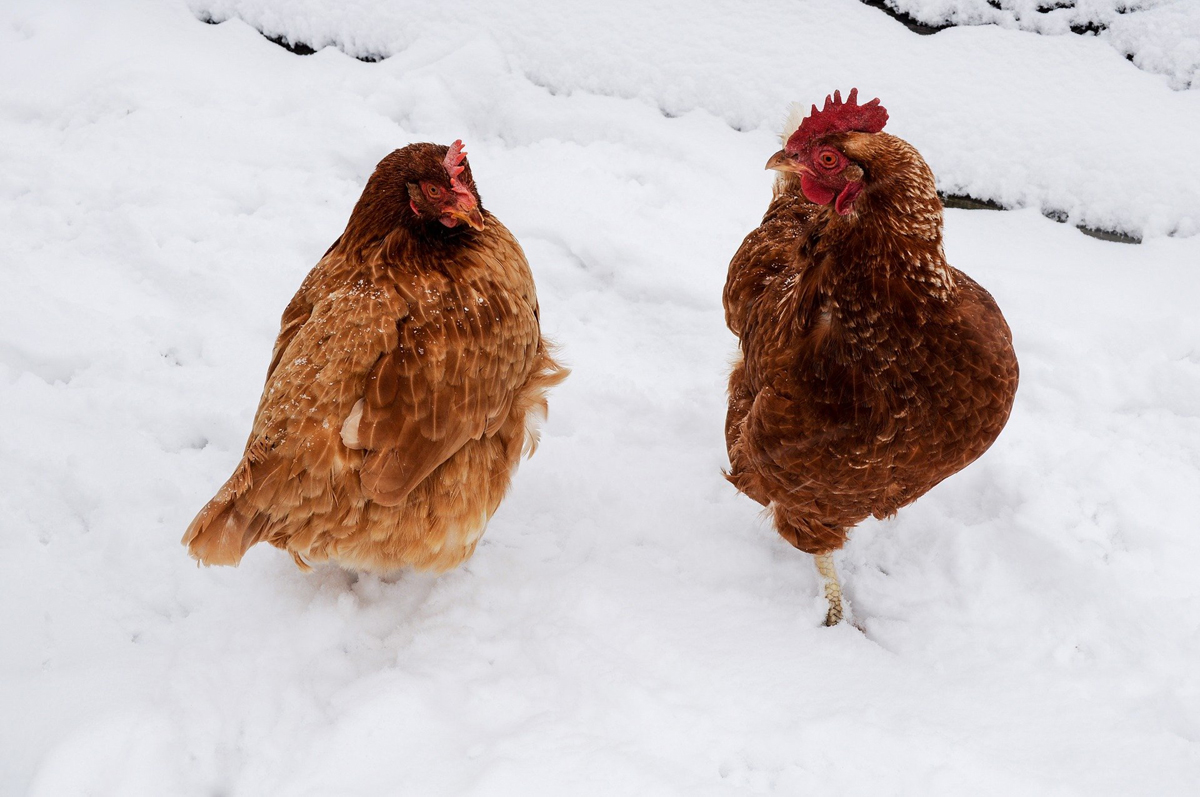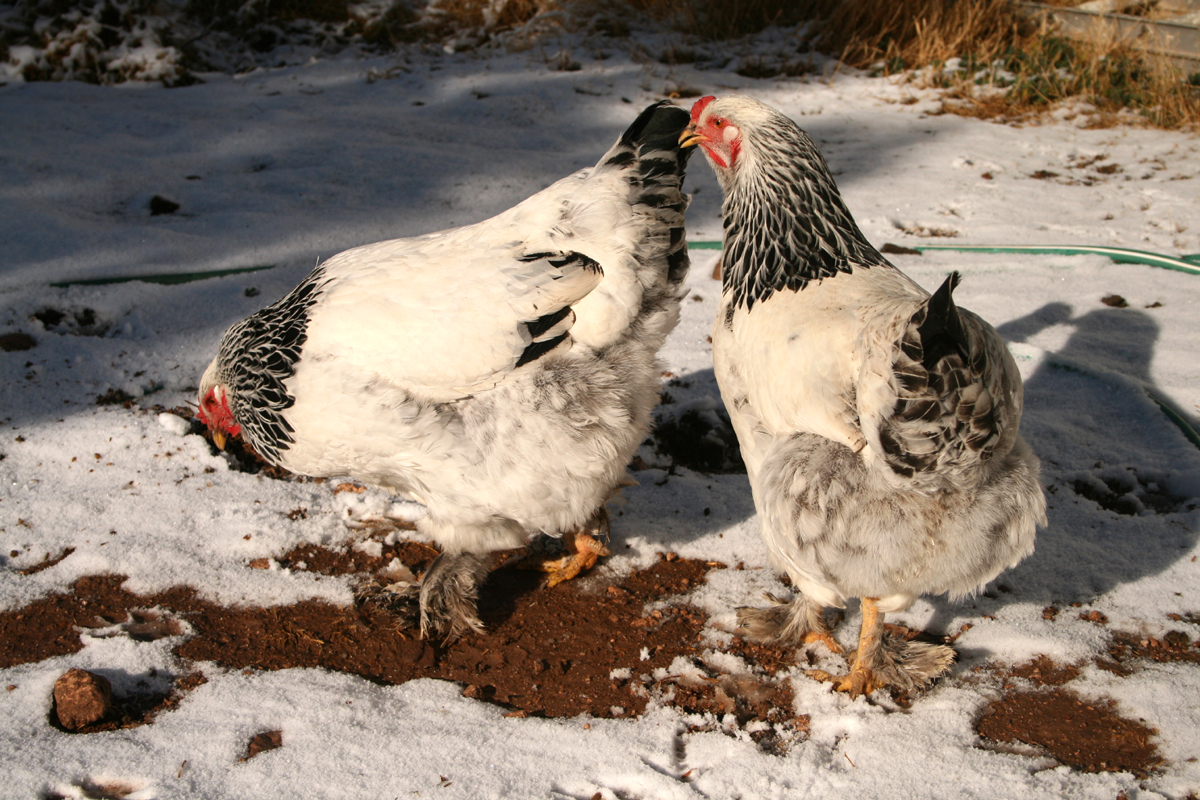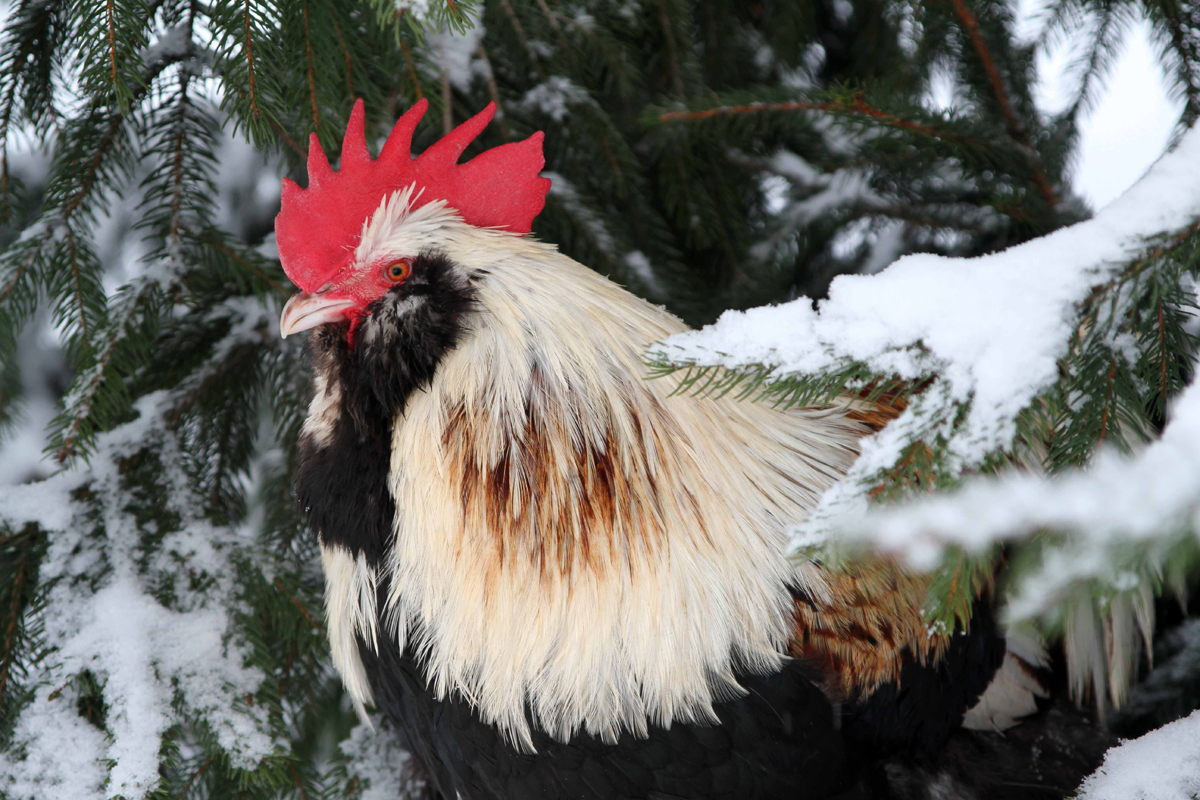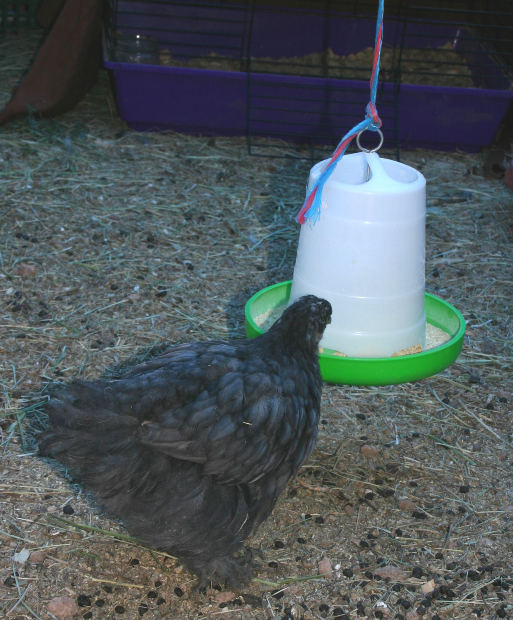Animal Pharmacy: A Basic Medicine Chest for Livestock
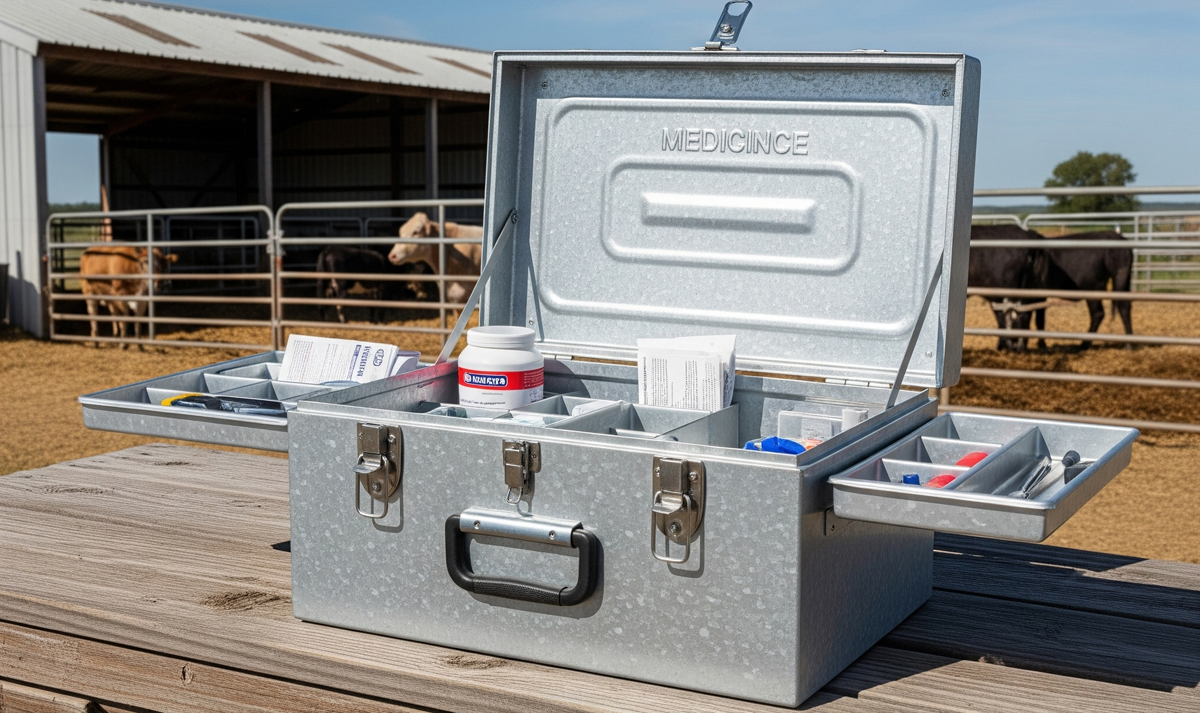
If you own livestock, you know that there are a number of things that can go wrong, from minor injuries to serious illnesses. As a responsible owner, it’s important to have a basic medicine chest on hand so that you can respond quickly when something does happen. Having the right supplies can mean the difference between life and death for your animals.
Medications and Supplies
Here are some basic items that you should have in your animal pharmacy:
1. Antibiotics:
Antibiotics are used to treat bacterial infections. Different types of antibiotics are used for different types of animals. For example, penicillin is commonly used for cows and pigs, while tetracycline is used for chickens and turkeys. Your veterinarian can prescribe the appropriate antibiotic for your animal.
2. Pain Relievers:
Just like humans, animals can experience pain. Pain relievers such as aspirin or acetaminophen can provide relief from fever, pain, and inflammation. However, it’s important to note that not all pain relievers are safe for all animals. Be sure to check with your veterinarian before giving any medication to your animals.
3. Wound Care Supplies:
Injuries are common in livestock, so it’s important to have supplies on hand to care for wounds. These can include things like bandages, gauze, and antiseptic solutions such as Betadine or hydrogen peroxide. It’s also a good idea to have a pair of gloves and scissors in your kit.
4. Dewormers:
Parasites such as worms can cause a variety of health problems in livestock. Dewormers are medications that kill parasites and help prevent infestations. Your veterinarian can recommend the appropriate dewormer for your animal.
5. Electrolytes:
Electrolytes are essential for proper hydration and body function in animals. When an animal is dehydrated or has lost electrolytes due to illness or stress, electrolyte supplements can help restore balance. These supplements come in various forms such as powders, pastes, or liquids and can be given orally or added to the animal’s drinking water.
>>From Farm to Family: 7 Things to Consider
6. Eye and Ear Medication:
Eye and ear infections are common in livestock, especially in animals that spend time outdoors. Having medications designed for these specific areas in your kit can help you address issues quickly and prevent further complications. Antibiotic ointments or drops are often prescribed by veterinarians for these types of infections.
7. Vaccines:
Vaccines are critical for protecting livestock against common diseases. Depending on the type of animal, different vaccines are available. Consult with your veterinarian to determine which vaccines are necessary for your specific type of livestock and when they should be administered.
A well-stocked animal pharmacy is essential for any livestock owner. You never know when an emergency might arise, and having the right medications and supplies on hand can make the difference between a quick recovery and a long-lasting, debilitating illness. Remember to always consult with your veterinarian before administering any medications to your animals, and follow their instructions closely. Taking good care of your animals means they’ll be healthy and happy for years to come.
>>Treating Hardware Disease in Cattle
Resources:
- https://www.merckvetmanual.com/multimedia/table/dosages-of-tetracyclines
- American Veterinary Medical Association (AVMA): https://www.avma.org/
- Cornell University’s Animal Health Diagnostic Center- https://www.vet.cornell.edu/animal-health-diagnostic-center
The Author:
Pioneerthinking.com – Ingredients for a Simple Life.
Photo. Gemini


